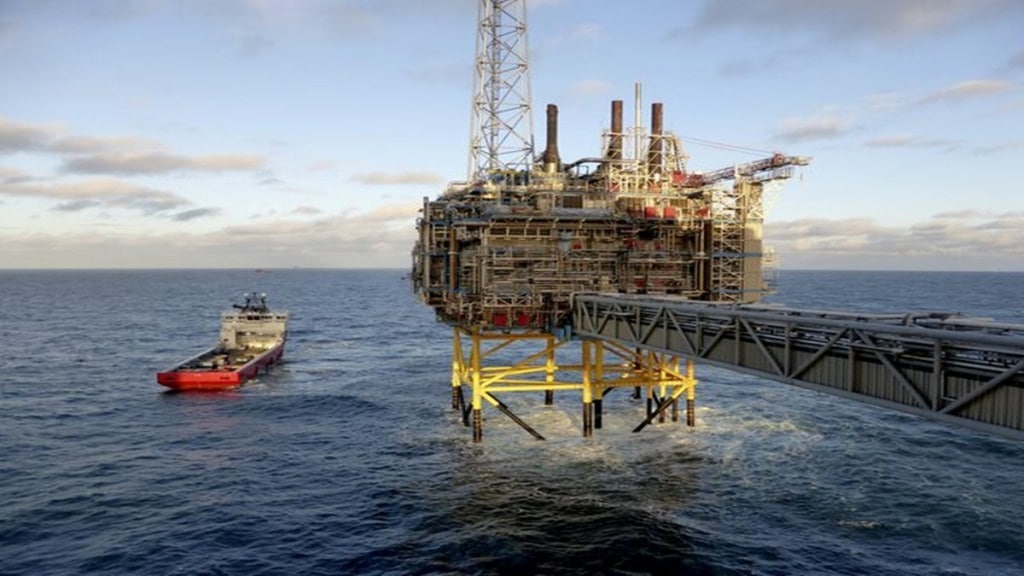Unfazed by NATO secretary general Mark Rutte’s blunt warning of “100% secondary sanctions,” the government of India on Thursday indicated it felt “no pressure” as far as purchases of oil from Russia or any other country of its choice. “We will buy from wherever we have to because the prime minister’s commitment is to the Indian consumer,” oil minister Hardeep Singh Puri said, without explicitly referring to Russia.
India’s commitment to energy needs
Separately, the ministry of external affairs (MEA) spokesperson Randhir Jaiswal said, “ Let me reiterate that securing energy needs of our people is understandably an overriding priority for us. In this endeavor, we are guided by what is on offer in the markets, and by the prevailing global circumstances.”
India, which meets 85% of its crude oil requirement via imports, has ramped purchases of Russian urals since the Eurasian country’s war with neighbouring Ukraine broke out in early 2022 (see chart). The discounted Russian oil helped the country to control the forex outgo for the key energy source.
Rutte’s latest statement was directed not only at India but also China and Brazil, and amounted to a reiteration of what US president Donald Trump has often said in this regard. “My encouragement to these three countries (India, China and Brazil), particularly, is: if you live now in Beijing, or in Delhi, or you are the president of Brazil, you might want to take a look into this (importing oil from and trading with Russia), because this might hit you very hard,” Rutte said. When asked for a response to this, Jaiswal said, “we would particularly caution against any double standards on the matter.”
Stating that India is not worried of the secondary sanctions from the US over Russian crude oil imports and would continue sourcing oil from wherever necessary to ensure energy security, Puri said the country has enough supply options to ensure uninterrupted fuel availability even in turbulent times.
Speaking at Urja Varta 2025 here, he noted that there are new players coming to the oil market which will likely bring crude prices down.
“Prices of oil will come down because there is more oil available in the market. Today, two major suppliers of crude oil are sanctioned. Will the sanctions remain forever? There is more oil coming to the market from the western hemisphere. Brazil, Guyana, Canada, all are non OPEC members. I’m not worried at all. If something happens, we will deal with it. If major suppliers of oil go off the market, you divert,” Puri added.
The US recently said it could impose 100% tariffs on Russia and “secondary tariffs” on countries importing its oil – mainly India and China – if Russia didn’t agree to a deal to end the Ukraine war in 50 days.
Analysts, however, warn that the US’s proposed secondary tariff on countries buying Russian oil could severely disrupt Indian supplies while also resulting in an increase in the country’s oil import bill, as the country will lose its access to discounted barrels.
“Suppose Russian crude is priced out due to tariffs or tighter compliance risks, we anticipate a gradual but steady reallocation toward WTI, Brazilian pre-salt barrels, and a resurgence in Middle Eastern term flows,” Sumit Ritolia, lead research analyst, refining & modeling at Kpler had earlier told FE.
As per latest data from Petroleum Planning and Analysis Cell, the country’s import bill during Apr-Jun FY26 declined by almost 19% on-year to $30.6 billion owing to discounts on Russian oil.
Ritolia had highlighted that if secondary tariffs are imposed and actuality is coming hard on Russian crude, India’s oil import bill could rise significantly, potentially by $3–6 per replacement barrel, depending on origin. “This would impact refiner margins, retail fuel pricing unless mitigated via new term contracts or discounts,” he had said.
Even with longer haul and shadow fleet reliance, Russian barrels remain $3–8/bbl cheaper than Middle Eastern or US grades on a landed-cost basis. If tariffs are levied on Russian oil, India is highly likely to experience a rise in its overall oil import costs.
Puri noted that the country has significantly diversified its sources—buying oil from 40 countries now compared to 27 earlier—and is ready for any global supply disruption, including a hypothetical closure of the Strait of Hormuz. “We have 21 to 25 days of oil stock. Even if the Strait is closed for a few days, we can manage. I’m not unduly worried,” he said.
Even after the sanctions in January, Russian crude flows have remained resilient, averaging 1.68 Mbd in Q1 2025 owing to attractive discounts on Urals and other Russian grades and continued availability of non-sanctioned Russian-affiliated vessels.

